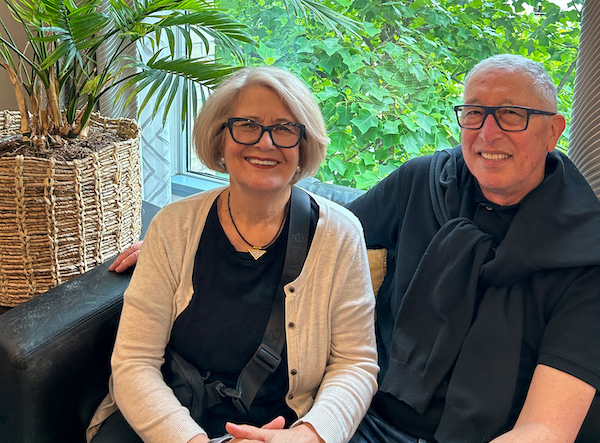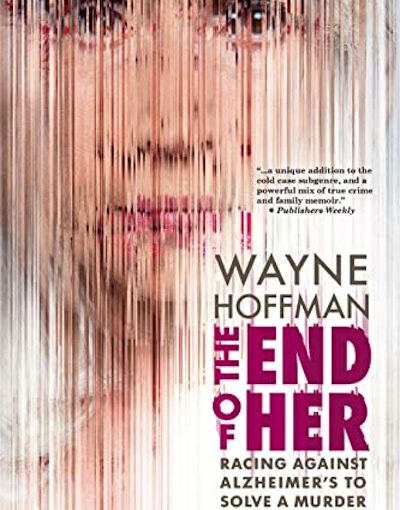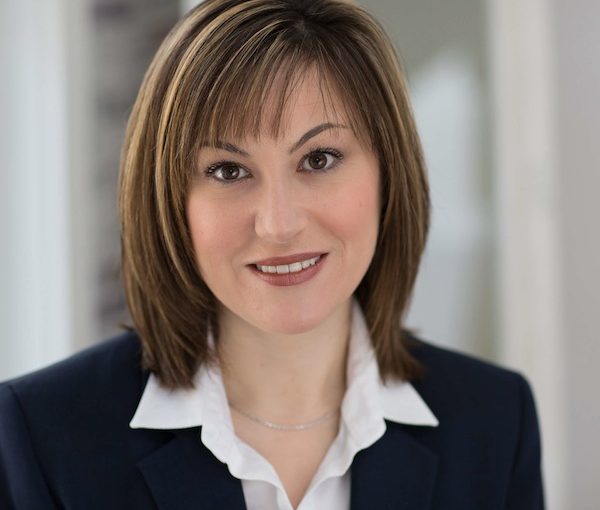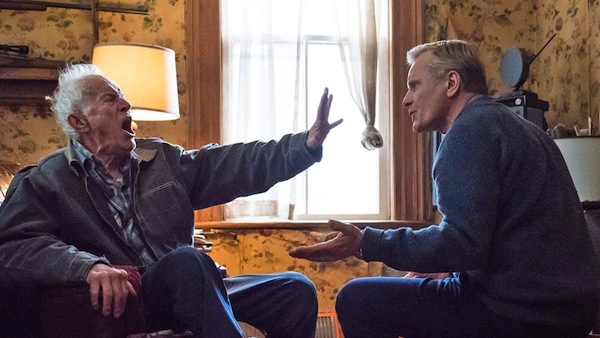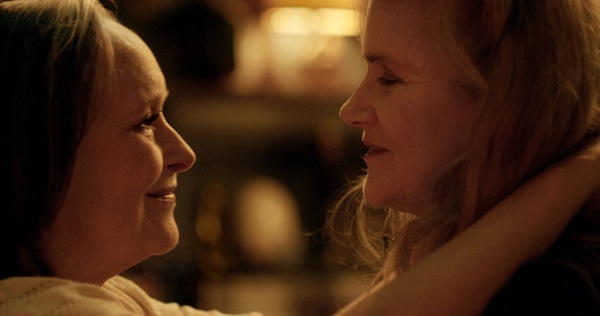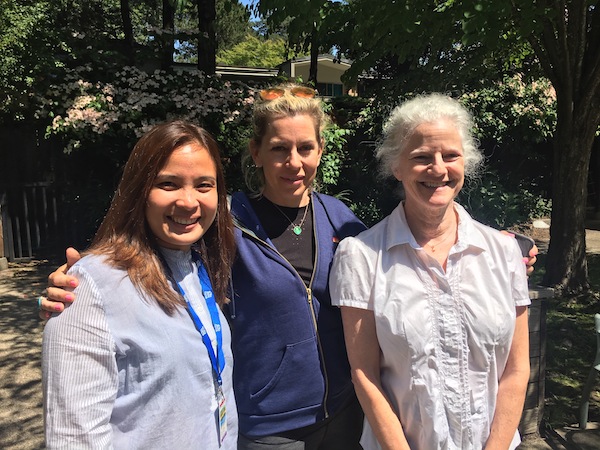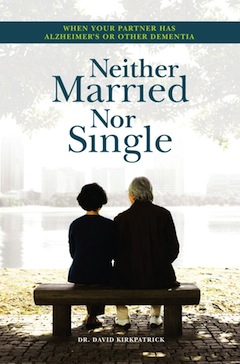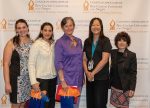Nita and Michael Levy run Vancouver’s Paul’s Club. (photo from Paul’s Club)
It’s a Thursday morning in downtown Vancouver and a group of spirited, educated and friendly individuals gather for a morning coffee and pastry. They discuss world events, their likes, dislikes, and more. Lost in conversation, they find connection in the face of a shared obstacle: early-onset dementia. Welcome to Paul’s Club, a Vancouver-based adult day program for individuals living with this condition.
Founded in 2012 by Nita and Michael Levy, Paul’s Club is a grassroots social and recreational program where “everyone’s diagnosis is left at the door,” said Nita Levy, who is a retired registered nurse. She and her husband were inspired by the experience of her brother-in-law, Paul, who battled early-onset Alzheimer’s disease at the age of 62. Fortunately, his family discovered a program in England that catered to the needs of someone like Paul, who was physically capable and full of life. That program also made an enormous difference for Paul’s wife, Ann. “We saw Paul’s experience through the eyes of my sister,” said Levy, noting that freedom and normalcy were welcomed back into her life thanks to the relief provided by the program.
Upon retirement, the Levys were aware that, although quality adult-day programs exist in Vancouver, there were no options for people like Paul. The couple appreciated that people living with early-onset dementia often share Paul’s liveliness and would benefit from human connection in a social environment free from their regular obstacles. From its early days, Paul’s Club has aimed to “help us all stay socially and physically engaged, but, most of all, to have fun,” said Levy.
Paul’s Club is in the Hampton Inn & Suites by Hilton, on Robson Street, a location free from any associations of ill health. Inviting features such as large windows, comfortable couches and palm trees create a welcoming physical space for members. The club operates three days a week, from Tuesday to Thursday, between 10 a.m. and 4 p.m. Members can choose to attend one, two or all three days. The program remains open for 50 weeks a year. “You can’t close a program like ours,” said Levy. “Our members are young, and so a lot of their partners have had to become breadwinners.” Thanks to Paul’s Club, many of these individuals can continue working during the week, she said.
The Levys are joined by program director Chelsea Grills, who brings expertise in managing the disease with a degree in therapeutic recreation. Paul’s Club hosts 15 to 18 members each day, supported by as many volunteers as they can welcome – to the members, volunteers are known as friends, who just want to spend the day with them. No one wears a name tag, and everyone participates in the daily activities. This is one of many efforts to ensure that everyone is treated with the utmost respect. “This is a disease that can rob people of their dignity,” said Levy.
A typical day at Paul’s Club begins with the team greeting members in the hotel lobby. They are welcomed upstairs for tea, coffee and breakfast. Members can be engrossed in conversation for up to an hour, but, by 11 a.m., “we’re moving,” said Levy. Physical activity is an integral part of the program. The Levys love to try different forms of exercise to engage members. Currently, the crowd favourite is dance, based on the group’s shared love for music.
Understanding the significant benefits that music can have on those with cognitive impairments, music is played throughout the day, songs spanning various decades and styles. If dancing is not on the agenda, there will be a walk, yoga session or exercise class. Following this is lunch at the Italian restaurant located below the hotel. Grill gathers members’ orders in advance to alleviate the potential stress of decision-making at the restaurant. After the meal, everyone reconvenes upstairs to discuss current events, play trivia games and, most of all, laugh together – the group laughs all day long, no matter the activity, said Nita Levy.
The final activity is a walk on the Seawall, ending at a nearby gelato parlour. Members have the option of traveling home via HandyDART, eliminating the need for their families to coordinate their transportation.
Paul’s Club’s programming is designed to provide members with a sense of belonging and respect. “We can’t change the diagnosis of our members, but we can ensure that they experience a great day,” Levy emphasized.
The days unfold quickly “because we’re engaged, and this is fun,” she said.
Paul’s Club aims to see who their members are beyond their diagnoses. The Levys and Grill try to empower members by focusing on what they can do, rather than what they cannot. “One can always have a quality of life,” said Nita Levy.
Paul’s Club can carry out its mission largely through support from Vancouver Coastal Health Authority and whatever contributions families are able to make, Levy said. “We have never declined anyone on financial grounds, and we never will.”
On July 30 at Nat Bailey Stadium, Paul’s Club will host their annual fundraiser. The event will include an all-you-can-eat barbeque and bar, and a baseball game. Their goal is to raise $30,000, with $10 of each ticket sold going directly to Paul’s Club. Tickets – $60 for adults and $45 (inclusive of tax) for children 4-12 – can be purchased at paulsclub2023bbqandbaseball.eventbrite.ca.
To learn more about Paul’s Club, visit paulsclub.weebly.com.
Alisa Bressler is a fourth-year student at Queen’s University in Kingston, Ont. She is an avid reader and writer, and the online director of the arts and culture publication MUSE Magazine. Bressler is a member of the Vancouver Jewish community, and the inaugural Baila Lazarus Jewish Journalism Intern.

